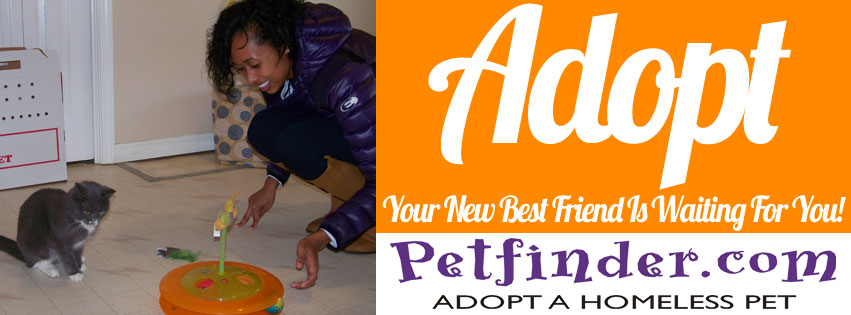|
Dear Partner,
|
|
The U.S. Department of Agriculture has issued a warning about a recent outbreak of rabbit hemorrhagic disease virus 2 (RHDV2) in rabbits in the United States. Rabbit hemorrhagic disease is a highly infectious and often fatal disease that affects wild and domestic rabbits, hares and pikas. According to national animal health experts, rabbit hemorrhagic disease is not a coronavirus. Humans cannot become infected with rabbit hemorrhagic disease.
|
|
Effective immediately, and until further notice, we are temporarily suspending all in-store rabbit adoptions in the U.S. and Canada. Please work with your local PetSmart store leader to remove any adoptable rabbits as soon as possible. We apologize for any inconvenience this may cause you or your volunteers.
|
|
The health and safety of our animal welfare partners, PetSmart associates, customers and pets is always our top priority, and we will continue to follow this situation closely.
|
|
To help address some of the questions you may have, please review the FAQs below.
|
|
Sincerely,
|
|
The PetSmart Charities Team
|
| What is rabbit hemorrhagic disease virus 2 (RHDV2)? |
- Rabbit hemorrhagic disease is a highly infectious and often fatal disease that affects wild and domestic rabbits.
- Humans, dogs and cats cannot contract the disease.
|
| What are the symptoms of rabbit hemorrhagic disease virus 2 (RHDV2)? |
- Rabbit hemorrhagic disease causes hemorrhages in rabbits by affecting the blood vessels and attacks the liver and other organs. Most affected rabbits die suddenly, but can show signs of lethargy, depression or behavioral changes, or trouble breathing before death.
- There is often bleeding from the rabbit’s nose at the time of death. Once a rabbit is infected, signs of illness usually occur within 1-9 days.
|
| How is rabbit hemorrhagic disease virus 2 (RHDV2) spread? |
- Rabbit hemorrhagic disease spreads between rabbits easily. For example, it can be spread through bedding, food, and water that has been in contact with an infected rabbit, as well as feces and bodily fluids of infected rabbits.
- We recommend taking precautions when handling rabbits, such as cleaning its habitat thoroughly with disinfectant and washing your hands.
|
| Is rabbit hemorrhagic disease connected to COVID-19? |
- According to national animal health experts, rabbit hemorrhagic disease is not a coronavirus (the virus responsible for COVID-19).
|
| Could the rabbits adopted at PetSmart stores have rabbit hemorrhagic disease? |
- PetSmart does not sell rabbits. We partner with local animal welfare groups to find homes for adoptable rabbits.
- We are not aware of any confirmed cases of rabbit hemorrhagic disease in rabbits adopted at PetSmart stores.
|
| What should I do if I recently adopted a rabbit at PetSmart? |
- Monitor your rabbit daily for signs of illness and contact your veterinarian immediately with any concerns.
- If your rabbit exhibits signs of rabbit hemorrhagic disease, seek immediate treatment by a veterinarian.
|
| What if I adopted my rabbit somewhere else? |
- Monitor your rabbit daily for signs of illness and contact your veterinarian immediately with any concerns.
- If your rabbit exhibits signs of rabbit hemorrhagic disease, seek immediate treatment by a veterinarian.
|
| Why are you suspending rabbit adoptions in Canada, as well? |
- In 2018, the Government of British Columbia issued a warning about an outbreak of rabbit hemorrhagic disease virus 2 in rabbits. Therefore, out of an abundance of caution, we feel it is necessary to suspend rabbit adoptions throughout North America.
|
| How can I protect my pet rabbit? |
- Always wash your hands with antibacterial soap immediately after handling a rabbit.
- Clean the habitat regularly and wear protective gear, including rubber gloves and a face mask, while cleaning. Be sure to discard the gloves immediately after use and before touching any other surfaces.
- Do not allow cats or dogs who go outside to potentially contaminated areas to access your rabbit’s habitat.
- Monitor your rabbit daily for signs of illness and contact your veterinarian immediately with any concerns.
|





